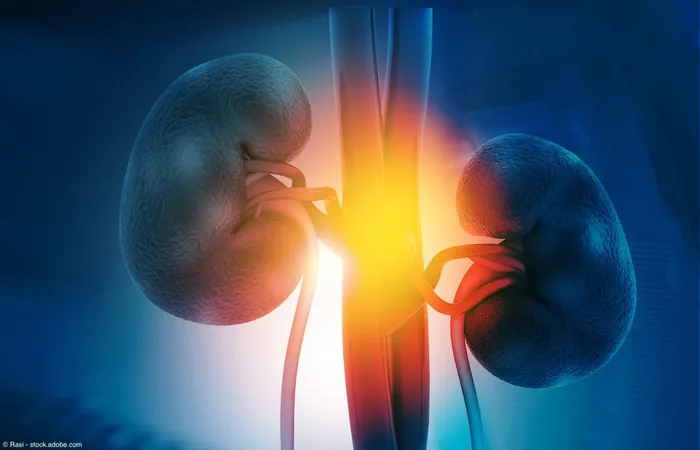
Breakthrough Drug Could Revitalize Motivation in Depression Sufferers!
2025-03-31
Author: Arjun
Introduction to Levodopa's Potential
Recent research has unveiled a surprising potential for levodopa, a medication traditionally used to treat Parkinson's disease, to significantly enhance motivation in individuals grappling with depression—particularly those affected by high levels of inflammation.
Study Highlights
A groundbreaking study has revealed that measuring C-reactive protein (CRP)—an indicator of inflammation in the body—can help identify which patients are most likely to benefit from levodopa treatment. Conducted by researchers at Emory University, the study found that participants with elevated CRP levels (above 2 mg/L) experienced notable improvements in brain connectivity in critical reward pathways after just one week of receiving daily doses of levodopa.
Dosage and Response Variability
Participants had varied responses to the drug: nearly half thrived on a lower dose of 150 mg/day, while others required up to 450 mg/day for optimal results. This level of CRP reflects inflammation that can lead to decreased motivation and behavior changes in their daily lives.
Implications for Treatment
The implications of this research are monumental. With inflammation increasingly linked to numerous health issues—including mental health conditions—these findings could transform treatment outlooks for those who don't respond to conventional antidepressants. By utilizing easy blood tests to gauge inflammation, doctors could personalize treatment plans with levodopa for maximum effectiveness.
Understanding Inflammation and Motivation
Previous work from the same department at Emory revealed how inflammation impacts dopamine levels—a neurotransmitter essential for motivation—during depressive episodes. The transformation noted through functional MRI scans indicates that levodopa may not only enhance motivation but also combat anhedonia, the inability to derive pleasure from everyday life.
Expert Insight
Jennifer C. Felger, the principal investigator of the study, stated, “These findings represent a pivotal advancement in tailoring depression treatments. By targeting specific neurotransmitters derailed by inflammation, we can explore highly effective alternatives for patients who have previously found little relief with standard treatments.
Ongoing Research
Excitingly, a new randomized clinical trial is currently in progress to assess the long-term effects of an eight-week levodopa regimen versus a placebo. As this research unfolds, the prospects for treating inflammation-related depression through this innovative approach look promising.
Conclusion
Stay tuned as the study's results could pave the way for a revolutionary change in how we understand and treat depression!




 Brasil (PT)
Brasil (PT)
 Canada (EN)
Canada (EN)
 Chile (ES)
Chile (ES)
 Česko (CS)
Česko (CS)
 대한민국 (KO)
대한민국 (KO)
 España (ES)
España (ES)
 France (FR)
France (FR)
 Hong Kong (EN)
Hong Kong (EN)
 Italia (IT)
Italia (IT)
 日本 (JA)
日本 (JA)
 Magyarország (HU)
Magyarország (HU)
 Norge (NO)
Norge (NO)
 Polska (PL)
Polska (PL)
 Schweiz (DE)
Schweiz (DE)
 Singapore (EN)
Singapore (EN)
 Sverige (SV)
Sverige (SV)
 Suomi (FI)
Suomi (FI)
 Türkiye (TR)
Türkiye (TR)
 الإمارات العربية المتحدة (AR)
الإمارات العربية المتحدة (AR)